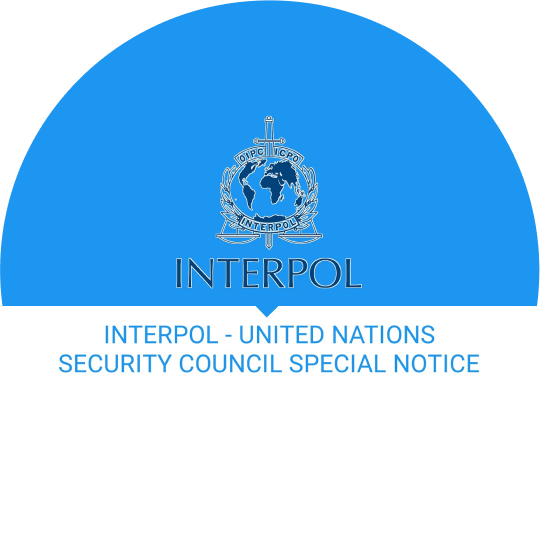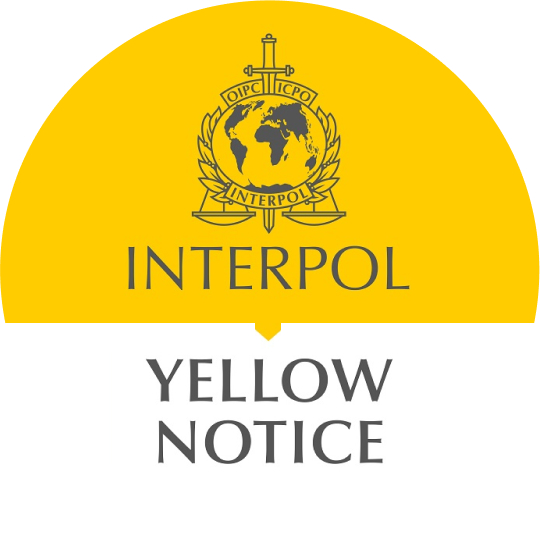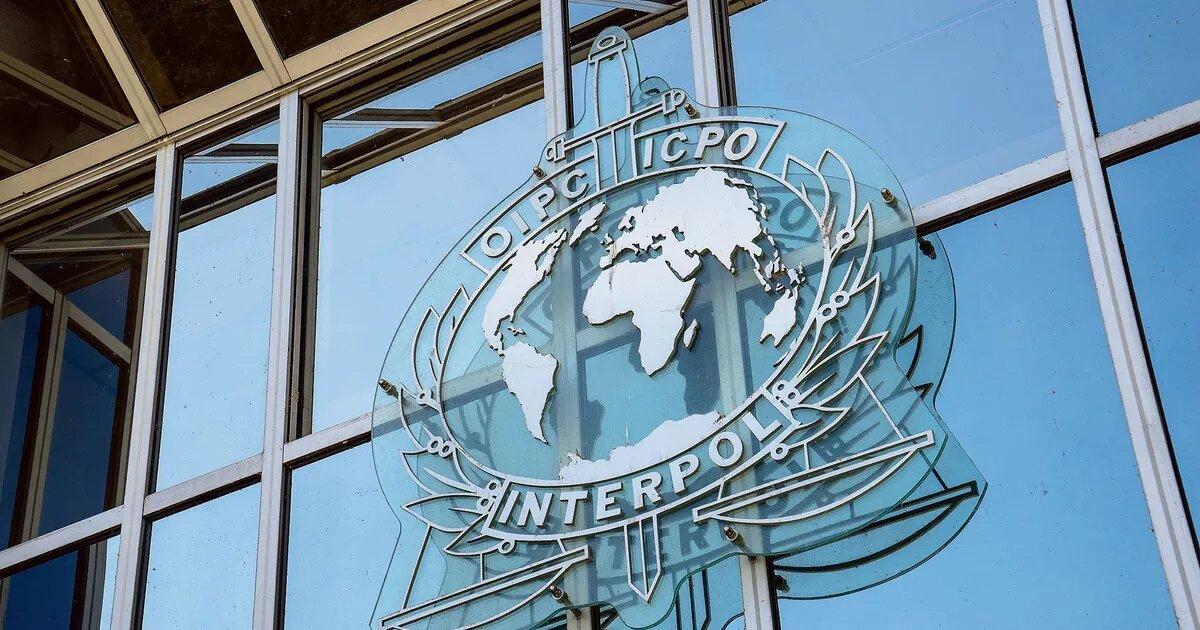Article 35(1) of the Statute of the CCF affirms the principle that “the information connected with a request shall be accessible to the Applicant and the source of the data, subject to the restrictions, conditions and procedures set out in this article”.
In accordance with Article 35(1) of its Statute, prior to disclosing information connected with a request, the CCF shall consult the owner of that information. In case of restrictions, they shall be motivated and justified, as required by Article 35(3) and (4) of the CCF Statute.
Such restrictions shall be motivated by one of the reasons listed in Article 35(3) and properly justified as required by Article 35(4). This Article also requires that the party requesting the restriction must indicate whether some information such as summaries may be provided instead.
So, in this connection, paragraph 3 of the Article 35 provides that the communication of information may be restricted by the Commission, on its own initiative or at the request of a party to the case, for one or more of the following reasons:
- to protect public or national security or to prevent crime,
- to protect the confidentiality of an investigation or prosecution,
- to protect the rights and freedoms of the Applicant or third parties, or
- to enable the Commission or the Organization to properly discharge their duties.
As a general rule, when the Commission examines a request for access to data or deletion request, at the first step she shall consult with the NCB as a source of the requested data. So prior to disclosing information connected with a request, the CCF shall consult the owner of that information.
And very often case the NCB shall, on the basis of Article 35(3)(b) of the Statute and in order to protect the confidentiality of investigations, restrict the communication of any information relating to the data, i.e. both the data recorded in the INTERPOL files and the submissions made to the Commission. So there is a difficult situation when the applicant can’t get data from the Interpol database, even the just information about facts of existing data in the Interpol information system, without any details.
So, I would like to analyze the main type of situation which demonstrates the specificity of applied INTERPOL rules of restriction to disclose information.
As noted above, the legal basis for restricting the disclosure of information can be applied only if the requested country obey the following rules:
- First, the NCB must indicate the reason(s) for its refusal to disclose any information to the Applicant, among the following ones listed in Article 35(3) of the CCF Statute: a) To protect public or national security or to prevent crime; b) To protect the confidentiality of an investigation or prosecution; c) To protect the rights and freedoms of the applicant or third parties;
- Second, the NCB must to justify its refusal in the specific case at hand;
- Third, the NCB must indicate, as provided for by Article 35(4) of the CCF Statute, whether a minimum amount of information can be disclosed to the applicant.
In any event, when the Commission analyzes the justification of requested restrictions, the Commission tries on the one hand to protect the interests of the parties, while preserving at the same time the essence of an adversarial procedure in order to provide an effective remedy. In doing so, the Commission takes into account, inter alia, the general context of the case, the other avenues available to the Applicant to obtain access to the information at the national level, the potential violation of other rules or international obligations, the possible risks for INTERPOL.
It should be noted that the restrictions under Article 35(3) of the Statute are an exception to the general principle of communication of information, bearing consequences on the rights of the parties, and which must therefore be interpreted strictly. Such restrictions to the communication to the Applicant of information connected with his request must be necessary and proportionate to their stated purpose. Furthermore, the Commission itself must be allowed unlimited access to the information concerned in order to make an effective determination. In addition, in order for a decision not to be based solely or decisively on non-disclosed information, counter-balancing measures must be undertaken to compensate, up to the extent possible, the interferences with the rights of the parties.

What are the most common cases when the Commission agrees to restrictions on data disclosure?
These cases are connected to the proper counter- balancing measure. Where the Applicant has had access to judicial documents at the national level linked with the criminal proceedings and has been fully informed about the accusations brought against him, the CCF may decide that the information gathered by the applicant or his lawyers at the national level, can constitute a proper counter-balancing measure to the restrictions, as it will allowed the Applicant to formulate specific arguments linked to the facts of the case and to effectively challenge the data concerning him. And also, if the applicant obtained the documents in the course of extradition proceedings, this can also be seen as a proper counter- balancing measure from restriction of information.
When a request for data restriction may be rejected by the CCF ?
It may be to indicate potential risks associated with disclosure that are not concretized or related to the specific case. The vague comments, which could be applied to virtually any request for information related to a criminal case, undermine the essence of the right of access enshrined in the Statute.
When the source of the data has not consented to any counter- balancing measures (such as the provision of a redacted summary, of a minimum set of information, or simply a confirmation of the existence of data), which may have minimized the impact of the restrictions on the rights of the Applicant, as requested under Article 35(4) of the Statute.
There is a precedent when the unjustified refusal to disclose data resulted in its deletion from the INTERPOL information system. In this situation, the CCF held that these restrictions impaired the adversarial nature of the proceedings by preventing the applicant from presenting counter-arguments and that the imbalance between the parties resulted, on balance, in a violation of the applicant’s fundamental rights.
When an applicant can request a restriction on the disclosure of information concerning the request?
Usually, the applicant may request a restriction on the disclosure of information if he is afraid of retaliation due to the sensitive political issues raised in the application or to protect the rights and freedoms of third parties if the other person in the case has protection status in the third country or in view to ensure the confidentiality of his protective status.
In any case, any restriction on disclosure requested by the applicant must be duly motivated, based on the overall context of the request and the consequences that may be for the applicant in case of disclosure. At the same time, it is worth assessing the negative consequences of the review of the request that may be caused by the established restrictions on data disclosure. The point is that the applicant’s restrictions on the disclosure of certain information in the request may limit the Commission’s ability to verify these facts, which may hurt the final decision.
Nevertheless, you must assess the risks in each case and try to structure your communication with the Commission in a way that is as transparent as possible and that allows the Commission to verify all the key arguments of your complaint.







































